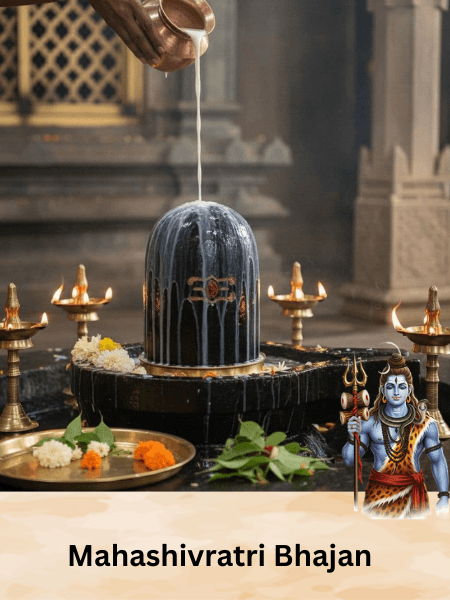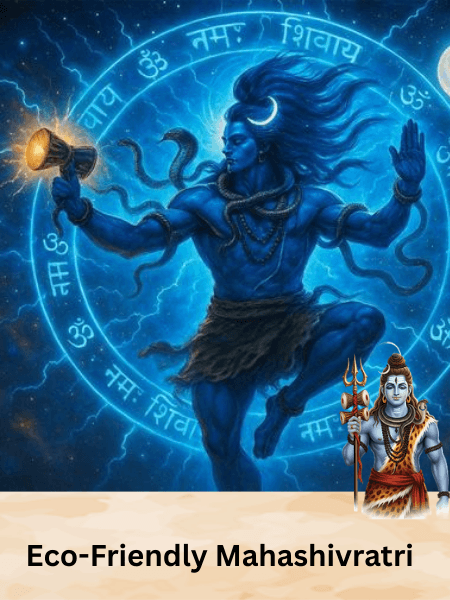
Eleventh Shraddha Story
Learn the divine story of the Eleventh Shraddha, a meaningful observance dedicated to performing rituals for the ancestors, ensuring their souls’ peace and fulfilling their spiritual needs.
Eleventh Shraddha Story in English
According to a mythological tale associated with Shraddha rituals in Gaya, there was a king named Gaya who was a devotee of Lord Vishnu. One day, while hunting in the forest, his arrow accidentally hit a Brahmin instead of a deer. Enraged, the Brahmin cursed the king, saying, “Though you are a king, your actions are like those of a demon. Therefore, I curse you to become an asura (demon).” The king became Gayasur but retained his virtuous nature, continuing to worship Lord Vishnu. Gayasur gave up his kingdom and went deep into the forest to perform intense penance to please Lord Brahma. Pleased with Gayasur’s devotion, Brahma granted him a boon: anyone who saw Gayasur would be relieved of their sins, no matter how grave. As a result, even sinners and asuras began committing sins freely, knowing they could meet Gayasur to attain liberation. This disrupted the balance of the universe, as unworthy beings started entering heaven. The gods approached Lord Vishnu for help. Lord Vishnu visited Gayasur and asked him for a sacred place to perform a yajna (ritual). Gayasur suggested that his body was the holiest location, as it relieved sinners of their misdeeds. Vishnu conducted the yajna on Gayasur’s chest and attempted to kill him, but Gayasur remained unharmed. Vishnu explained that while Gayasur was sinless, his actions allowed sinners and demons to enter heaven, upsetting the balance of creation. Hence, Vishnu had no choice but to end his life. Gayasur then made two final wishes. First, he asked that all the gods present during the yajna continue residing within him as long as the sun and moon exist. Vishnu granted this wish. Secondly, he requested that if anyone comes to his abode in Gaya with sincere prayers for their ancestors’ liberation, their ancestors should be granted salvation, even if they cannot perform Shraddha rituals. Vishnu agreed and granted this wish as well. Afterward, Gayasur willingly gave up his body. Since then, it is believed that performing Shraddha rituals or sincerely praying for one’s ancestors in Gaya ensures their liberation.
Did you like this article?
Recommended
Read more
Mahashivratri 2026 Bhajans
Explore popular Mahashivratri bhajans for 2026. Learn devotional songs, mantras, and chants to honor Lord Shiva and enhance spiritual devotion during the festival.

Mahashivratri 2026 Puja for Kumbh Rashi
Learn how to perform Mahashivratri puja for Kumbh Rashi in 2026. Discover zodiac-specific rituals, mantras, and spiritual benefits to seek Lord Shiva’s blessings.

Mahashivratri 2026: Celebrate Sustainably
Learn how to celebrate Mahashivratri 2026 in an eco-friendly way. Discover sustainable puja ideas, decorations, and practices to honor Lord Shiva responsibly.